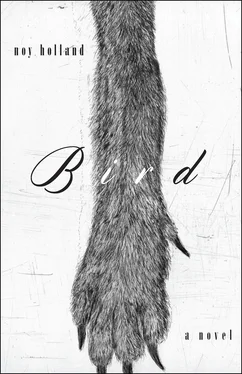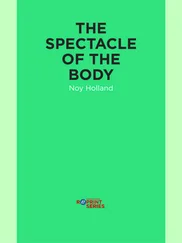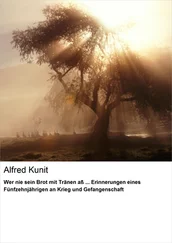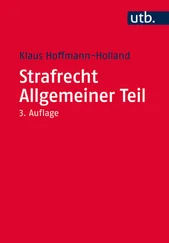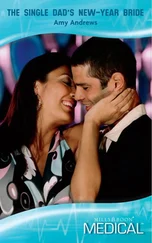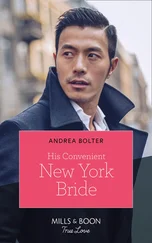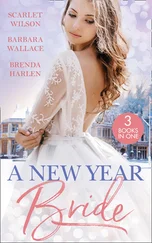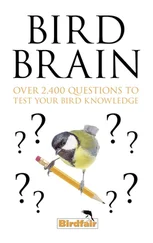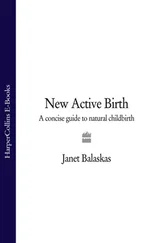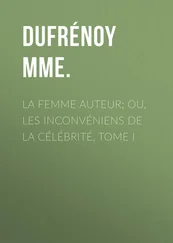You wait so long for something to happen to you and still you are surprised when it does.
Bird took a sip of breath and waited.
Her shoulders fell apart, bone from bone. She lay quiet, holding the sip of breath she had taken.
She saw her mother at the end of her kite string and her bed from when she was a girl.
Daffodils past the window.
Blackbirds in a cottonwood tree.
It was all getting small and smaller, the marvelous knot of what she had lived and seen.
I wanted to die so I let him, Mother.
I was wrong. I wanted to live.
By morning hehad gone off with Suzie.
By morning Bird had taken her clothes off for Doctor Said So to see.
He slept withhis eyes partly open, Mother. I drew the pillow out from under his head. So to close them. So that I might sleep beside him. So to wake should he wake so to follow. Should he walk out on the street, I followed him. He walked sleeping. He walked in circuits as he slept and snapped his fingers and in minutes returned to home.
Home.
I can’t see you, Mother.
I tried to leave him. I tried to quit.
I tried to love somebody else. I never could at first. I was waiting for Mickey.
I waited a time and then quit.
I quit other things I can’t name quite. Quit climbing the Brooklyn Bridge. Quit junk, quit worrying he would leave me, quit worrying he would come back again.
I wrote letters to you you stopped answering. I couldn’t hear you. I couldn’t see you anymore.
I thought to drop off the bridge how the poets did but it seemed altogether too dumb.
Dumb bunny. Name of Hoppy.
Name of Bird, name of Bean, both and either.
I kept the names Mickey gave me.
I called him Mickey.
I don’t know why. I never called him anything more.
Little Whale, WhiteMoon.
She calls her Lollipop. Little Chicken and Wants a Lot.
Shoofly.
Sunshine.
Sprocket.
Small Fry. Wingnut. Chief.
Buckaroo.
Speed Racer.
Snowball. Noodle. Knucklehead.
Dude-a-reno. Dude.
I don’t thinkhe meant to kill me, Mother. I just think he didn’t know.
Bird wrote: Something is growing against the roof of my mouth, Mother. It’s like cobwebs. It frays. It tastes like nothing. I roll it up with my tongue.
I feel drugged, dragged. Wasted, Mother.
I hardly know myself.
I can’t see your face. I try to see your face and my face appears.
I can’t help that. I can’t see through.
To get outto the street they had to go through two gates the landlord kept locked from outside. The gates were tin and corrugate and they swung out into the street. There was a padlock on the street side and a darkly oiled chain. There was a hole in each gate you had to reach through as big as a piece of paper. You reached blindly and fumbled through it. You couldn’t see to the other side.
When Suzie rode the bus back from Florida, she stood in the sleet on the street side. Let her stand there, Bird thought. Explaining. She was cold. She could have said it on the phone if Bird had let her.
“Let me in,” Suzie said. “It meant nothing.”
Bird wanted to stand in the dark and cold with the gate swung shut between them.
“Show me your face,” Bird said.
Suzie needed a coat for the cold. She was sick and she had no money.
“Show me your face,” Bird said.
Suzie kneeled in the street. She pressed her face to the hole in the gate and every word Bird had thought to say to Suzie and the things she had thought to do to Suzie flared and burned away in her head. Nothing moved her. Bird turned away and went up the stairs. She came down with a coat her mother had worn and passed it through the gate to Suzie. The lining caught and tore on the gate and hung in the sleet like a wing. Bird remembered her mother in it and how the fur of the collar felt on her face and when she slid her hand through the arm of the coat how smooth it always felt like persimmon and lovely to touch and cool.
And the dayspassed.
And the days were weeks and the months passed.
And a day came Bird reached her hands through the gate to open the lock to find food. She fumbled with the lock. He took hold of her hands and pulled her to him from the street side where he stood. He said nothing. Her face was pressed against the gate.
At last she whispered, “Mickey, you came home.”
I thought ifI told him a story.
I told him about my father, I don’t know why, he flew a Cessna, I made it up as I went along.
“I was a girl,” I said. “I was a girl let to go with her father out in the sunshine to shoot an elephant.”
I said, “It took a long time falling. It had a small bright eye.”
Mickey kept quiet. He had something hard he was jabbing at me between the gates where the gates swung together.
I said, “It breaks its bones falling.”
I said, “It has a small bright eye.”
It was a fork maybe or a stick he had found or the key I had reached through the gate with to feel for the lock to unlock it. It was sharp and I thought it would cut me. He drew it hard up the front of me as if to open me up to my chin.
I said, “They come at it with a torch. Up the ass end with a torch. I don’t know is it dead or living then — when they come at it with a torch. If they wait, I don’t know, to get the tusks free, to burn the body out to get the tusks free, something to show for it, to make trinkets with, a pretty chess set, to make baubles with to bring home.”
He held me so my face was against the gate and the metal was smooth and cold. The day was cold, I remember, and graying and we stood a long time without speaking before he let my hands go and walked away.
I went back to the apartment and undressed myself. He had not cut me, not really. He had left light bleeding marks. I deepened these with a knife I found in the kitchen among the others. I didn’t know did I hope to survive him, to suffer with him, to die. To ruin ourselves together. Live to be together. I put the knife back. I can’t say.
I took a few small things he had made for me that he hadn’t found to destroy. I took the small bone with tooth marks in it that he had brought to me from the mountains.
We had a window I let myself out through. I followed the tracks out. I heard sirens I had heard every day for months.
I followed the tracks out. The tracks ran out through sumac, through the dry and stalky weeds where killers and rapists and pickpockets in seasons of growth squat to hide. We saw them fleeing down the tracks from our window. We saw cops thrash the weeds with their billy sticks, shouting to flush them out.
It was spring and there were places to hide now. The leaves were bright and new. Somebody walked behind me. Someone shouted in the street above my head. A bottle dropped over the high wall and bounced at my feet without breaking.
I made myself small when the train came. I felt the heat of the train and how the ground shook and in the windows as they passed I saw him see me — the man who would come for me. He would swing down over the high wall the tracks ran shining between — one pair of tracks beside the other as if to meet in a point at a distance. I saw myself twisted beneath the wheels of the train — how ugly I was and how beaten. He would wad a rag in my mouth not to hear me.
Читать дальше
